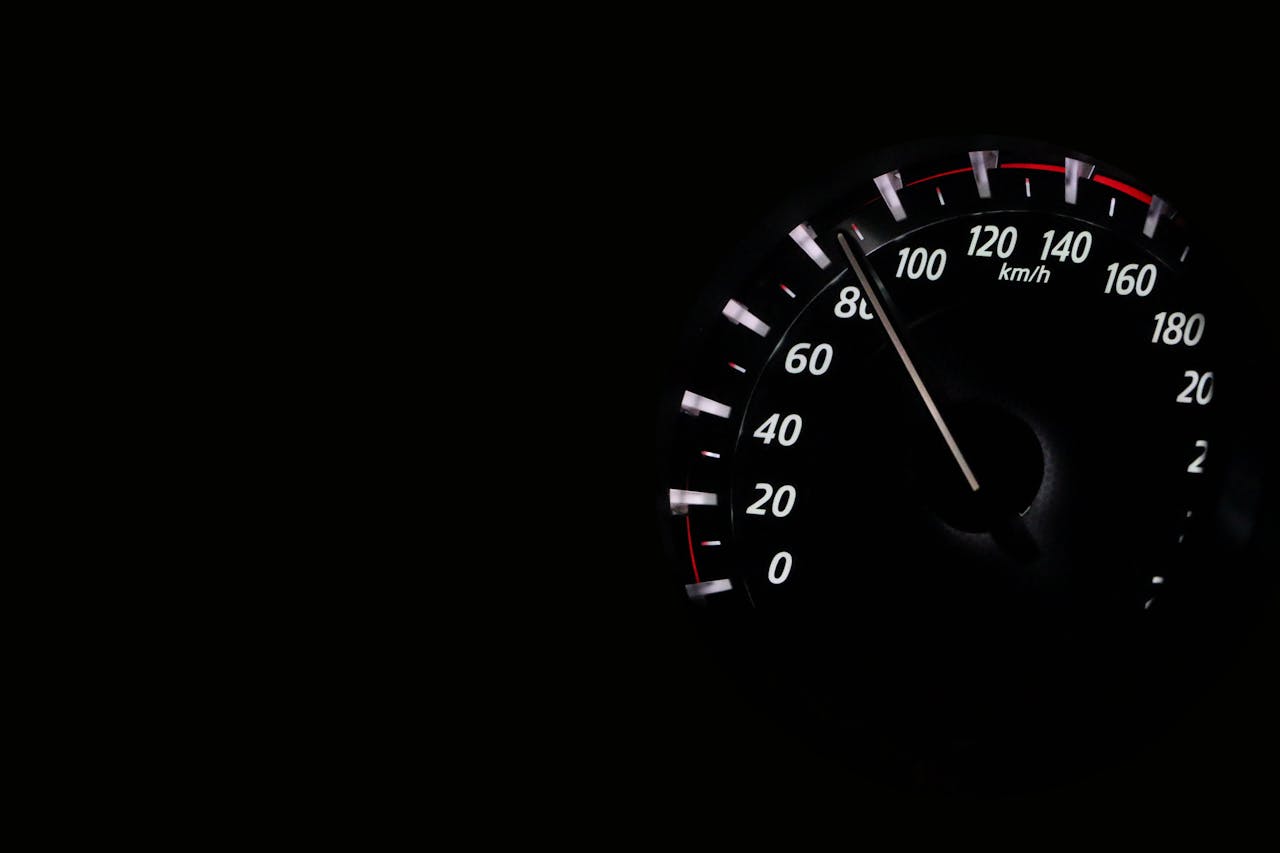What are the Consequences of Speeding?

What is considered speeding?
In the UK, exceeding a speed limit by any amount, from as little as one mile per hour can have consequences. You could be caught speeding by a speed camera or by the police.
The severity of your punishment will vary depending on the speed you were travelling, and the area, and whether you have any pre-existing speeding offences within the last three years.
What are the consequences?
The most common punishment for a speeding offence is penalty points which are applied against your driving licence. Each set of points remain on your driving licence for three years and, if within a three year period you accrue twelve or more points, “you could be disqualified from driving”. This is known as totting up. Individuals who have totted up twelve or more points will automatically receive a six-month ban from driving. The only exception to this, is in the case of exceptional hardship.
For many first-time speeding offences, speed awareness courses are offered as a substitute for licence points and the £100 fine. These courses can also be offered to individuals with repeat offences if attendance to a previous speeding awareness course was not within the last three years.
What is exceptional hardship?
An exceptional hardship application can be made to the Court when a driver is set to be banned as a result of a motoring offence, typically speeding. Totting up bans incur a ban on driving for six months or more. However, for some, the result of a driving ban will have repercussions on an innocent third party. In this instance, a statement can be put to the Court through an exceptional hardship application which explains any hardships that may be caused. The Court can rule in favour of or against the application.
Examples of exceptional hardship cases include children who are reliant on a parent, or anyone with medical needs or conditions who are reliant on the offender.

Things to remember:
For any new drivers, if you receive six or more points on your licence “within 2 years of passing your driving test, your driving licence will be revoked”.
It’s important to remember that speeding is not the only motoring offence that may lead to penalty points against your driving licence. Other offences such as dangerous driving or use of a vehicle with defective tyres, among other things, can also lead to penalty points.
How can Ellis Jones help you?
With experience in dealing with speeding and other road traffic offences, our experts in the Crime and Regulatory team can offer a reliable service to those with alleged or proven offences.
If you feel as though you could benefit from seeking advice in relation to a road traffic offence, please do not hesitate to get in touch with us on 01202 525333.
About the author

Lovetta is a Secretary based in our London office and her primary role is to assist the partners and associates within the Banking and Finance Litigation Team. Lovetta also provides some support to our other legal teams who are based in our London office.
How can we help?
When you submit this form an email will be sent to the relevant department who will contact you within 48 hours. If you require urgent advice please call 01202 525333.










